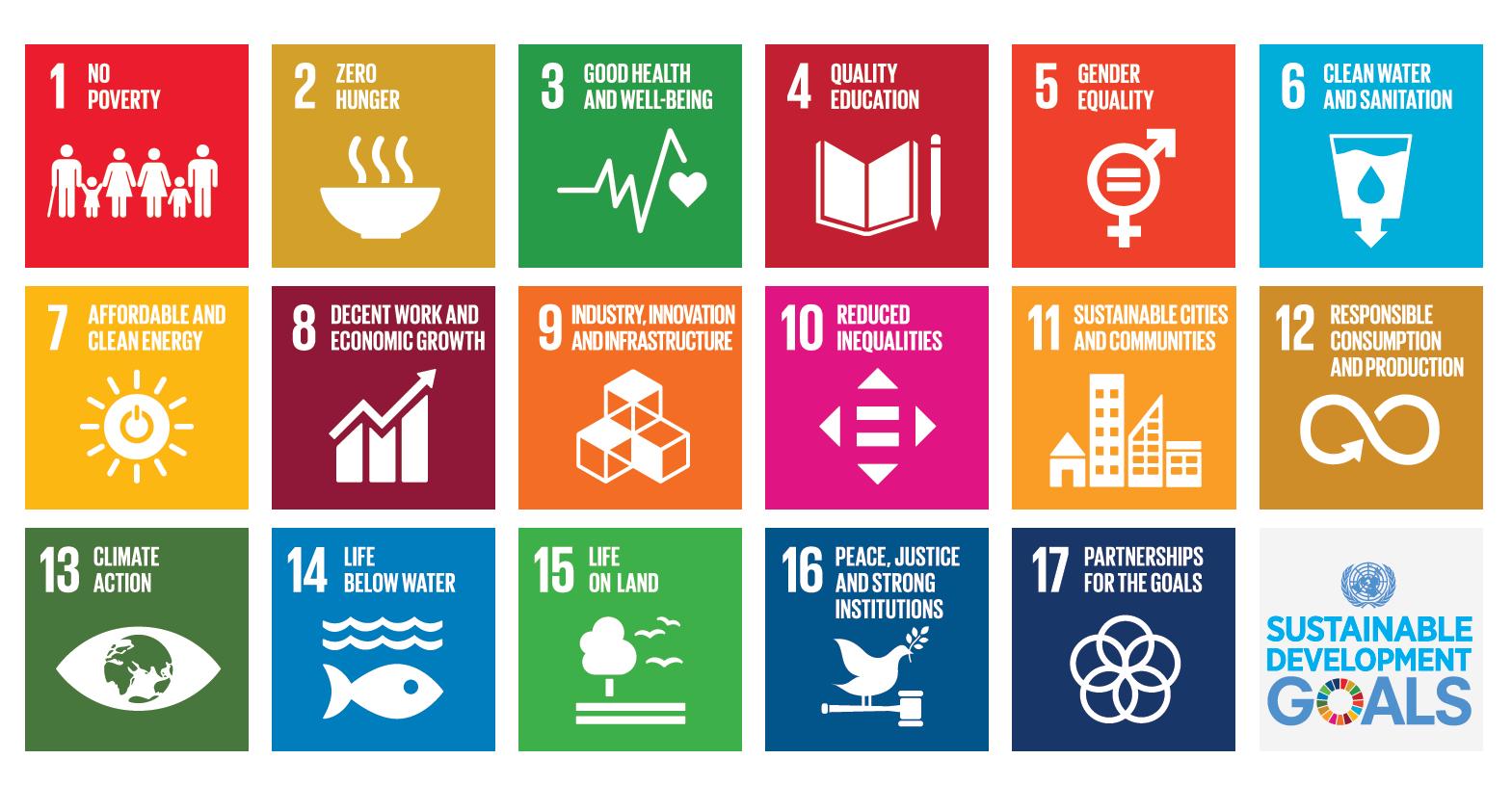
3 minute read
3.7 Sustainable Development Goals
from CNFS22
by Mediobanca
3.7 Sustainable Development Goals
[GRI 102-12]
On 25 September 2015, the leaders of the 193 member states of the United Nations met in New York to approve the “17 Goals to Transform our World: 2030 Agenda for Sustainable Development”, a manifesto identifying seventeen global objectives, or Sustainable Development Goals, structured into 169 targets of the new agenda to be implemented by 2030 to ensure sustainable development of the planet.
The definition “common objectives” means that all member countries and individuals are required to contribute, combining forces on a collaborative basis and in partnership. Businesses too are therefore required to play an activity role, as with their resources and capabilities they are able to have a fundamental impact on the achievement of these global objectives.
The Mediobanca Group, aware of the close connection between some of the SDGs and its own business, is keen to make its own contribution to making a positive change at the global level, focusing on projects and activities which are more in line with the global objectives (see section 9. Objectives and future commitments).
The Group has also set sustainability targets for itself as part of its Strategic Plan9, with the intention of contributing to the achievement of six of the seventeen macro Sustainable Development Goals, and so committing itself to help generate positive change at a global level.
The Group promotes and runs financial education and training via a series of instruments and ventures for clients and vulnerable areas (section 6.1.5, Financial inclusion, access to financial resources and education). It also provides specialist training to its staff, helping them develop and maintain their skills (section 5.5 Professional training and development). In the Strategic Plan, the Group has set itself the objective of increasing the hours of training for its staff (cf. section 9. Objectives and future commitments).
The Group has instituted the role of Diversity and Inclusion Manager, and has established a Diversity, Equity and Inclusion management committee. A project to promote diversity has also been launched, known as “toDEI”, including quantitative objectives defined for the first time, which in due course will become an integral part of the next Strategic Plan. Mediobanca has also adhered to the “Women’s Charter” promoted by the Italian Banking Association ABI, is a signatory to the Valore D manifesto, and has participated in the preparation of a paper on Diversity & Inclusion in the Workplace, compiled by the Global Compact Network Italia in conjunction with the ILO (section 5.3 Diversity, inclusion and equal opportunities).
The Group’s continuing growth helps create jobs and employment opportunities for young people (see section 5.2. Mediobanca Group staff: job creation and protection). In the 2019-23 Strategic Plan the Group has committed to promote responsible investing and to contribute to Italian economic growth by investing in outstanding Italian SMEs (see section 9. Objectives and future commitments).
The Group promotes numerous initiatives with social impact, including through donations and support, in Italy and the other countries in which it operates. In its Strategic Plan, the Group has set itself the target of making a constant annual contribution to projects with positive social and environmental impact, and increasing the amount of assets under management by the Mediobanca Social Impact fund, which donates twothirds of its management fees to charitable institutions (see section 9. Objectives and future commitments).
The Group is committed to improving its relations with clients constantly and to monitoring its supply chain responsibly. In the Strategic Plan, the Group set itself the target of improving customer satisfaction and increasing the percentage of suppliers screened using ESG criteria (cf. section 9. Objectives and future commitments).
The Group has become a member of the Net-Zero Banking Alliance(NZBA), with the objective of reaching net zero emissions by 2050 or sooner, in line with the targets set by the Paris Climate Agreement, and has become a supporter of the Climate-related Financial Disclosures (TCFD). Measures have also been included in the Strategic Plan to reduce the Group’s impact on the environment and to promote the climate transition (cf. section 9. Objectives and future commitments).







